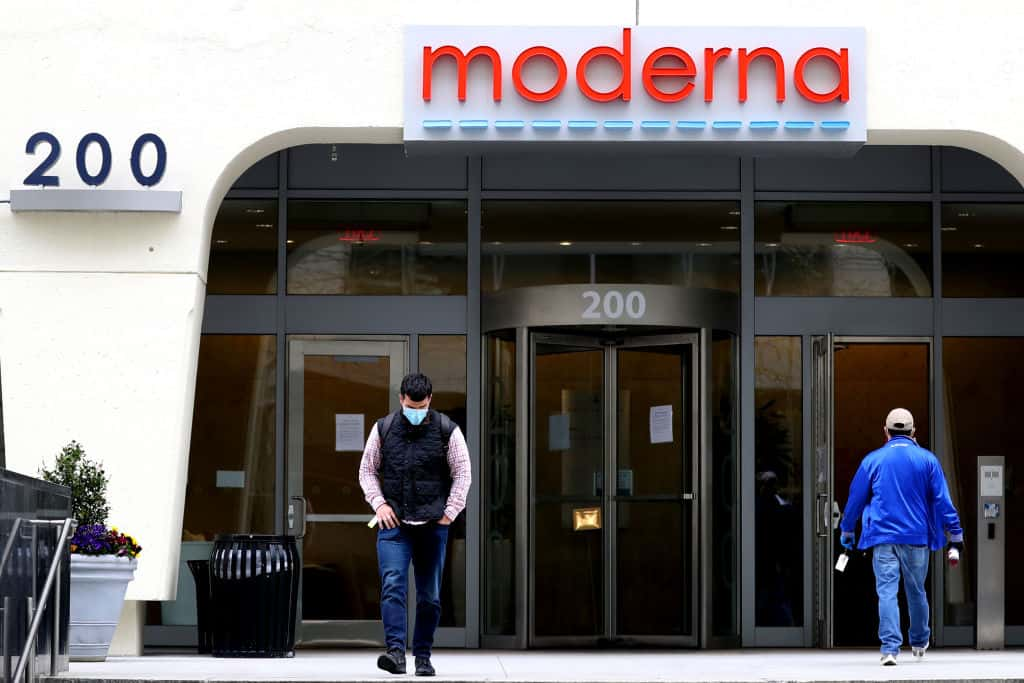After 8 months of Covid-19, nine vaccines enter final stage of trials, here's all you need to know about them

Eight months on, the pandemic continues to ravage the world. We have had more than 25 million Covid-19 cases so far. Experts are working round-the-clock to have at least a few safe and effective vaccines by the year-end or by early 2021. The first vaccine trial took off some time in March 2020. Since then, we have come a long way — currently, more than 170 potential Covid-19 vaccines are at various stages of development, according to the World Health Organization (WHO). Here is a list of candidates that have moved or are entering the final stages of the vaccine development process.
Final hurdles
The third phase, the final stage in the vaccine development process, will study if a potential vaccine protects people from developing Covid-19. Moderna’s mRNA-1273, the University of Oxford and AstraZeneca’s AZD1222, and Pfizer and BioNTech's BNT162 are in the final stages of vaccine testing. "To have just one vaccine enter the final stage of trials eight months after discovering a virus would be a remarkable achievement. To have three at that point with more on the way is extraordinary,” Health and Human Services Secretary Alex Azar said in a statement.

The US-based Moderna said that its experimental vaccine showed promising results after testing it on 20 adults aged 56 and older. The participants developed neutralizing antibodies — cells that fight viruses — and another type of immune cells called T-cells. On August 11, the US awarded the company an additional $1.5 billion in exchange for 100 million doses, if they prove to be safe and effective.
Recently, AstraZeneca and its partner Oxford University entered phase 3 trials. Investigators will enroll nearly 30,000 adult volunteers from 80 sites in the US. The company received $1.2 billion in funding from the US in May. If the experimental vaccine shows encouraging results, the company will deliver 400 million doses to the European Union. In July, Pfizer and BioNTech's BNT162 launched a combined Phase 2 and 3 trial to speed up the process. They have enrolled 30,000 volunteers in the US and other countries including Argentina, Brazil, and Germany. The US has awarded a $1.9 billion contract for 100 million doses by December.
Additionally, China's CanSino, SinoVac, Beijing Institue of Biological Products, and Wuhan Institue of Biological Products; Russia's Gamaleya; and Johnson & Johnson (J&J) have moved into the phase 3 stage.

Among them, SinoVac was approved for limited use. Russia did the same with Gamaleya, which is now renamed Sputnik V. The move has garnered criticisms as experts expressed concerns over its safety. Overall, there are 23 potential vaccines in phase 1, 14 in stage 2, 9 in phase 3, according to the New York Times. In September, Johnson & Johnson will launch the final trial, which will enroll 60,000 volunteers in the US and eight other countries, including Brazil, Chile and South Africa. In March, the company received $456 million from the Trump administration. And then in August, the US said it would provide $1 billion for 100 million doses.
Further, experts from the WHO, Gavi and the Coalition for Epidemic Preparedness Innovations (CEPI) have set up the COVAX initiative to ensure equal access to vaccines when approved. So far, nine candidates are a part of the program, and nine more are under evaluation, according to a press statement. Even as work on developing vaccines is moving at an accelerated pace, experts say, there is still a lot of uncertainty. “Naturally, you have to make sure the vaccine is safe. But you also have to make sure the vaccine will elicit enough of an immune response," Dr Bruce Y Lee, a professor at the CUNY Graduate School of Public Health & Health Policy, told Healthline.